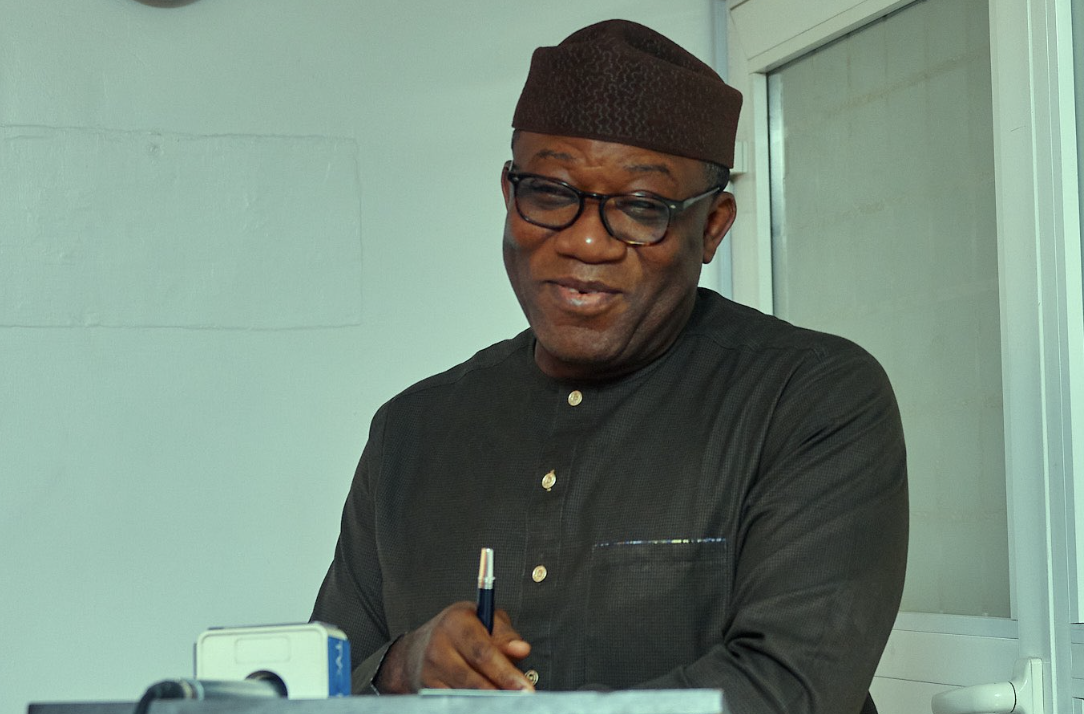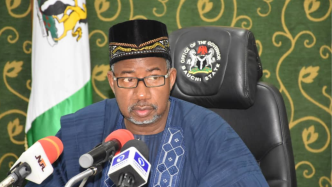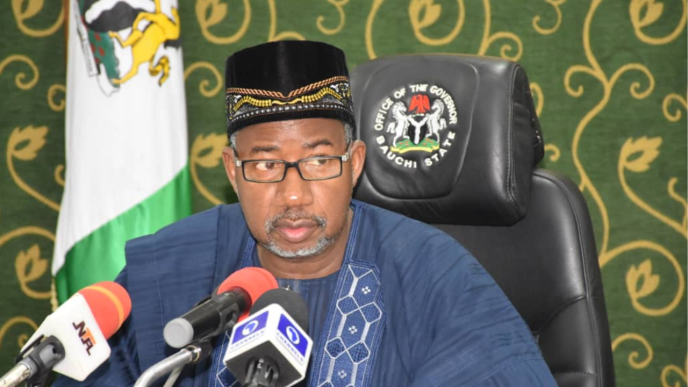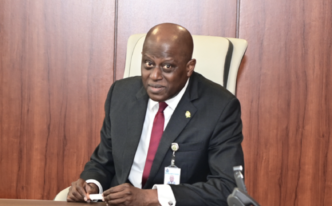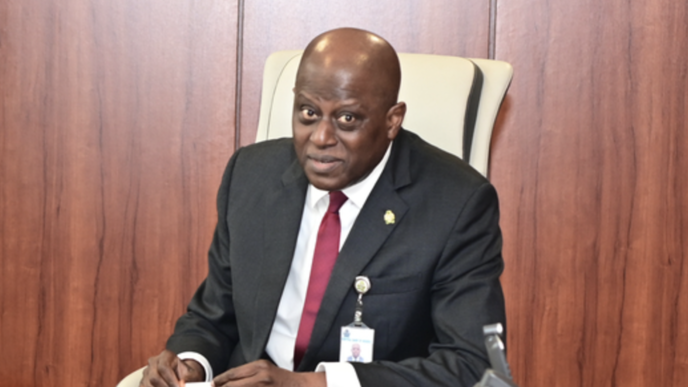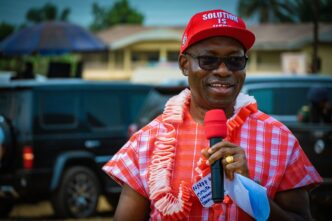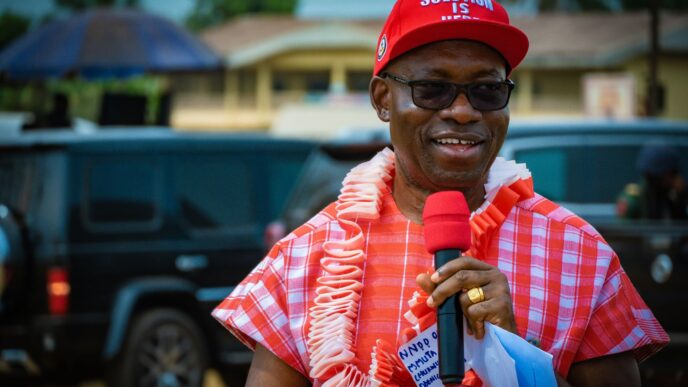“Good athletes do not know what tiredness is. They do not know what discouragement is. Good athletes only know what victory is.” – Fidel Castro
So, at 32, John Kayode Fayemi was already playing a pivotal role in Nigeria’s pro-democracy struggle. As an active member of the National Democratic Coalition (NADECO), back then, he helped set up Radio Kudirat, a guerrilla radio station that defied the brutal regime of the late General Sani Abacha.
Despite the grave risks associated with engaging that fascist regime, Fayemi remained undeterred, standing at the forefront of the resistance against the abhorrent military dictatorship.
His activism, unfortunately came at a time when Nigeria was under severe repression. Key political figures like Olusegun Obasanjo, Shehu Musa Yar’Adua, Beko Ransome-Kuti, and Chris Anyanwu were jailed on trumped-up charges, while others, including Professor Wole Soyinka, Chief Anthony Enahoro, and incumbent President Bola Ahmed Tinubu, were forced into exile.
Advertisement
The regime’s ruthlessness was also evident in the arrests of top officials like General Oladipo Diya and the assassinations of notable figures, including Kudirat Abiola and Alfred Rewane.
Fayemi understood the dangers of his mission, yet he pressed on. His commitment was fueled by a deep sense of duty to his homeland, proving that his heart was set on something far greater than personal safety.
Emerging as a Political Force
Advertisement
With the dawn of democracy, Fayemi transitioned from activism to governance, driven by a vision to reshape Ekiti, his home State.
In 2005, he stepped into politics, challenging a government that had turned the state into a stronghold of impunity. Running under the now-defunct Action Congress (AC), he faced immense opposition, culminating in the controversial 2007 governorship election, which was marred by electoral fraud.
Undeterred, Fayemi embarked on a legal battle to reclaim his stolen mandate. His intellectual approach to politics set him apart—while his adversaries relied on intimidation, he countered with strategy and resilience.
After a protracted legal tussle, he was declared the rightful winner of the cornered election in October 2010, just months before the next election cycle.
Advertisement
Leadership, Setbacks, and Triumphs
Fayemi’s tenure as governor was marked by infrastructural development, social welfare programs, and educational reforms. Though he lost his re-election bid in 2014, he remained a formidable political force.
In 2015, he played a key role in the All Progressives Congress (APC)’s historic victory, which saw an opposition party take power at the national level for the first time in Nigeria’s history.
In 2018, Fayemi made a stunning political comeback, winning the Ekiti governorship race once again. His return to office solidified his reputation as a leader who not only fights battles but also wins them.
Advertisement
And after completing his tenure, he successfully handed over to his successor, Abiodun Oyebanji, ensuring continuity in the governance of Ekiti State for the first time.
Celebrating a Political Icon at 60
Advertisement
As he turns 60, Fayemi’s journey is a testament to courage, resilience, and service. From the dangerous trenches of pro-democracy activism to the heights of political leadership, he has left an indelible mark on Nigeria’s political landscape. His legacy remains one of unwavering commitment to justice, democracy, and good governance—a story of triumph against all odds.
Akingbolu, a Journalist writes from Lagos
Advertisement
Views expressed by contributors are strictly personal and not of TheCable.
Add a comment

